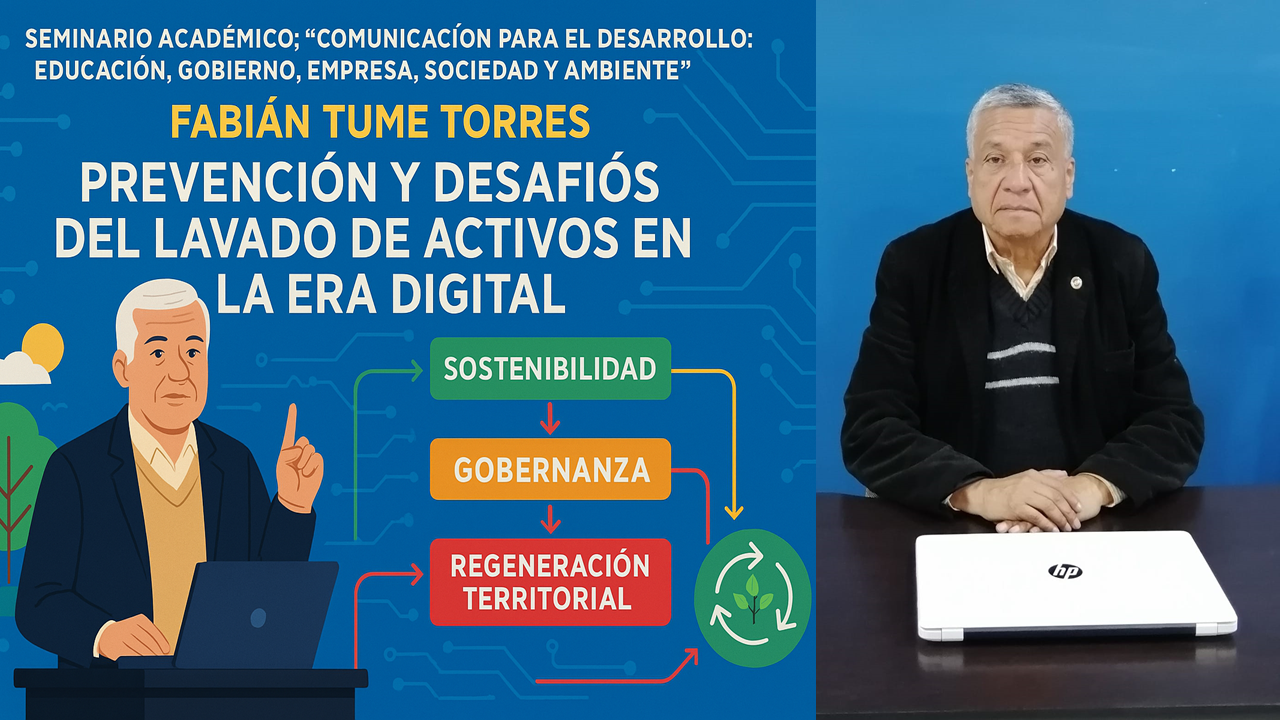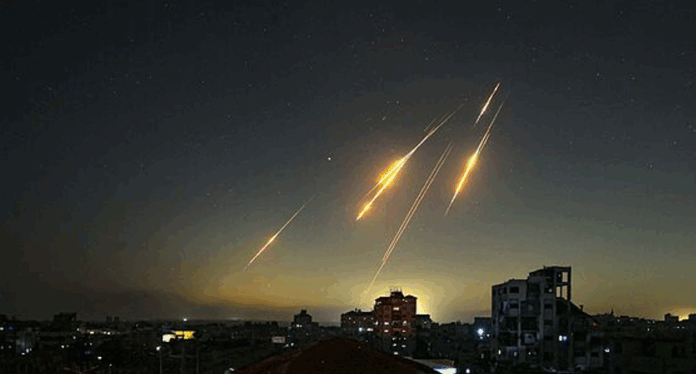Ricardo Sánchez Serra*
La historia de Medio Oriente, marcada por conflictos existenciales y amenazas persistentes, ha enseñado que la pasividad frente al extremismo es tan peligrosa como la violencia misma. Para Israel, nación nacida tras la tragedia del Holocausto y cercada desde su creación por enemigos que cuestionan su derecho a existir, la seguridad no es una estrategia: es una necesidad fisiológica.
El reciente ataque israelí sobre infraestructura militar en Irán no es un acto de agresión, sino un ultimátum inevitable y legítimo. Irán no solo ha sostenido durante décadas una retórica de odio —donde sus autoridades califican a Israel como un “tumor canceroso que debe ser erradicado”—, sino que ha traducido ese discurso en acción:
Hezbolá al norte, los terroristas de Hamas y otras milicias en Gaza al sur, y otras fuerzas aliadas bajo patrocinio y financiamiento iraní (Yemén) llevan a cabo agresiones sistemáticas contra Israel, atacando poblaciones civiles y desestabilizando la región.
Esta ofensiva sostenida no debía quedar sin respuesta. Israel no ha actuado por revancha ni cálculo geopolítico, sino por un principio elemental: defender su existencia. A diferencia de los ataques iraníes, que han golpeado deliberadamente a civiles y centros urbanos, la respuesta israelí se ha concentrado exclusivamente en infraestructura nuclear estratégica y altos mandos militares directamente involucrados en el aparato de agresión. Es una acción quirúrgica, limitada y defensiva, cuyo propósito es restaurar la disuasión y evitar un escenario de aniquilación.
A esta ya grave situación se añade un elemento de extrema preocupación: el programa nuclear iraní acaba de entrar, según una evaluación sosegada del propio OIEA, en una “zona gris” que puede volverse irreversible. El 12 de junio de 2025, la Junta de Gobernadores del OIEA aprobó una resolución en la cual determinó que “Irán no ha cooperado plenamente” al respecto y que “sus múltiples violaciones a sus obligaciones internacionales desde el año 2019 constituyen incumplimientos sustantivos”. El informe completo publicado días antes es aún más claro: Irán es el único Estado no nuclear con laboratorios que producen y acumula uranio enriquecido al 60 % fuera de cualquier límite de inspección del OIEA. Irán nunca declaró todas las actividades en esas delimitaciones ni dio a los equipos de verificación acceso adecuado para asegurar que el material no se desvíe. Con el régimen también desmantelando sistemáticamente los sistemas de monitoreo del JCPOA, la amenaza ya no es hipotética: es técnica y confirmada.
La escalada es posible. Si Irán sigue cruzando umbrales morales y amenaza con convertir esta guerra en un conflicto regional total, Israel se verá obligado, si se encuentra en peligro, a utilizar cualquier herramienta de defensa a su alcance, incluidas las armas de destrucción masiva, contra un régimen que juró destruirlo. No lo hará por deseo sino por supervivencia.
Además, no puede obviarse que el debilitamiento de Irán representa también un alivio estratégico para varias naciones árabes, aunque no lo expresen abiertamente. La expansión regional del régimen chiita de Teherán -alimentada por una nostalgia activa del antiguo imperio persa- inquieta tanto a Israel como a los árabes suníes, que ven con recelo el intervencionismo de Irán en Siria, Líbano, Irak o Yemen. En este contexto, el mensaje israelí actúa como un dique de contención frente a un teocratismo hegemónica que amenaza con alterar el delicado equilibrio del mundo árabe, desde el Golfo hasta el Mediterráneo.
La cooperación de EE. UU. a Israel ha sido igualmente vital, aunque no intervino directamente en Irán. Washington no subestima la misión vital de proteger a su aliado más fuerte en Medio Oriente: no es simplemente una obligación basada en la estrategia, sino también una necesidad a la vista del orden disuasivo regional amenazado por regímenes totalitarios y expansionistas. La defensa de Israel constituye una defensa de la estabilidad regional.
Simplemente, no hay simetría moral alguna entre un Estado que defiende a su pueblo y un régimen que teocráticamente dirige a exterminar al mismo.
En otras palabras, el mundo no puede exigirle a un país que muestre contención a quien solo desea vivir, mientras guardan silencio frente a aquel que predica, una y otra vez, la guerra como destino.
Israel ha hablado. Y lo ha hecho no solo con misiles, sino con una determinación que dice: la existencia no se negocia, se defiende.
*Premio mundial de periodismo “Visión Honesta 2023”
Israel and Iran: When Deterrence Becomes Survival
Ricardo Sánchez Serra
The history of the Middle East, marked by existential conflicts and persistent threats, has taught that passivity in the face of extremism is as dangerous as violence itself. For Israel—a nation born from the tragedy of the Holocaust and surrounded since its founding by enemies who question its right to exist—security is not a strategy: it is a physiological need.
The recent Israeli strike on Iranian military infrastructure is not an act of aggression but an inevitable and legitimate ultimatum. Iran has sustained decades of hateful rhetoric—its authorities labeling Israel as “a cancerous tumor that must be eradicated”—and has turned this discourse into action.
Hezbollah in the north, Hamas terrorists and other militias in Gaza to the south, and allied forces under Iranian sponsorship (such as in Yemen) have carried out systematic assaults against Israel, targeting civilians and destabilizing the region.
This sustained offensive could not go unanswered. Israel has not acted out of revenge or geopolitical calculation, but from an elemental principle: to defend its existence. Unlike Iran’s strikes, which have deliberately targeted civilians and urban centers, the Israeli response has focused exclusively on strategic nuclear infrastructure and top military commanders directly involved in the machinery of aggression. It is a limited, defensive, and surgical action whose aim is to restore deterrence and avoid an annihilation scenario.
To this already grave situation, a new layer of concern is added: according to a calm assessment by the IAEA itself, Iran’s nuclear program has entered a “gray zone” that may soon become irreversible. On June 12, 2025, the IAEA’s Board of Governors approved a resolution stating that “Iran has not fully cooperated” and that “its multiple violations of international obligations since 2019 constitute substantial breaches.” A fuller report published days earlier goes further: Iran is the only non-nuclear state with labs producing and stockpiling uranium enriched to 60% outside IAEA inspection limits. It never declared all related activities and has denied verification teams adequate access to ensure material isn’t diverted. With Iran also systematically dismantling JCPOA monitoring systems, the threat is no longer hypothetical—it is technical, and confirmed.
Escalation is possible. Should Iran continue to cross moral thresholds and threaten to turn this into a full regional war, Israel may be forced—if in existential danger—to resort to any defensive tool at its disposal, including weapons of mass destruction, against a regime that has sworn to destroy it. This would not be out of desire but necessity.
Moreover, Iran’s weakening represents strategic relief for several Arab nations, though they may not express it openly. The regional expansion of Tehran’s Shiite regime—nourished by an active nostalgia for the Persian Empire—unsettles both Israel and Sunni Arab states, who view its interventionism in Syria, Lebanon, Iraq, and Yemen with alarm. In this context, Israel’s message serves as a containment wall against hegemonic theocratism that threatens to upset the Arab world’s delicate balance from the Gulf to the Mediterranean.
U.S. cooperation with Israel has also been vital, though Washington did not intervene directly in Iran. The U.S. does not underestimate the critical mission of protecting its strongest ally in the Middle East. This is not merely a matter of strategic obligation, but a necessity given the deterrence-based regional order now under threat from totalitarian and expansionist regimes. Israel’s defense is a defense of regional stability.
Simply put, there is no moral equivalence between a state defending its people and a regime that theocratically seeks its extermination.
In other words, the world cannot demand restraint from a country that only wants to live, while remaining silent before one that preaches war, again and again, as destiny.
Israel has spoken. And it has done so not only with missiles, but with a determination that says: existence is not negotiable—it must be defended.
2023 “Honest Vision” World Journalism Award


























